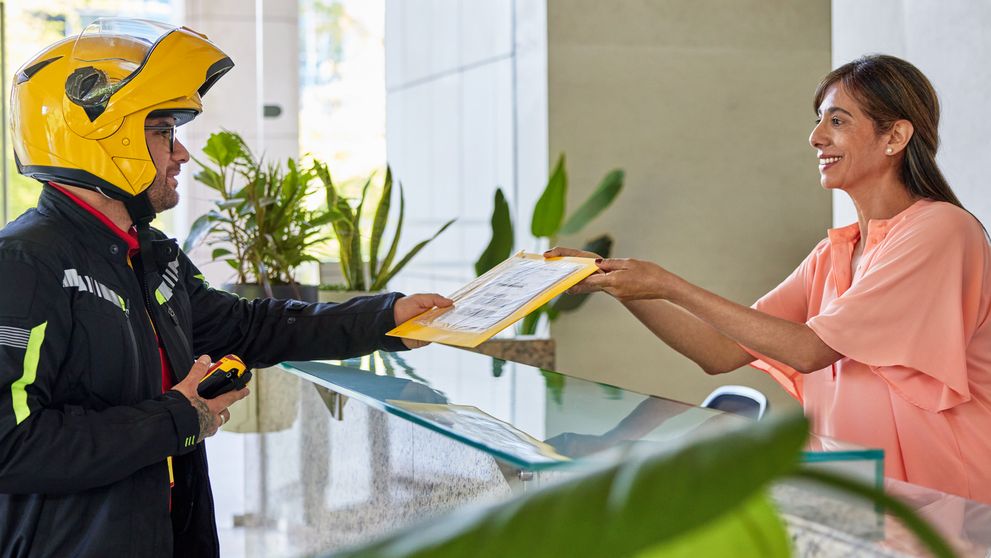E-commerce businesses face numerous challenges, but few are as critical as ensuring the timely and safe delivery of parcels to customers. The issue of lost parcels looms large, with both financial and reputational stakes at play.
Surveys have indicated that a significant portion of online shoppers have experienced delivery issues, including lost parcels, at least once in their shopping journey. According to The Global Parcel Theft Report 2022, Worldwide, approximately one out of every 10 individuals globally reported experiencing the loss or theft of at least one package from May 2021 through April 2022, culminating in an astonishing total of 1.009 billion parcels, with the combined value reaching £33.6 billion.
This not only impacts consumer trust but also adds to the operational costs of businesses trying to rectify these mishaps. Facing these challenges, parcel tracking stands out as an essential strategy for e-commerce businesses. This blog will focus on the critical role of parcel tracking, highlighting how it helps prevent losses and thefts.
What is parcel tracking?
Parcel tracking is a system that allows both the sender and the recipient to monitor the progress of a parcel's journey from the point of dispatch to delivery. This process involves a series of scanning events at each significant transition point, enabling real-time updates on the parcel’s location. The tracking technology has evolved from simple barcode scans to sophisticated GPS tracking, offering unprecedented visibility into the shipping process.
The importance of parcel tracking
According to Statista, global retail e-commerce sales hit an impressive milestone in 2023, reaching an estimated US$5.8 trillion. Looking ahead, this figure is expected to grow by 39% over the next few years, with projections suggesting it will surpass US$8 trillion by 2027. This boom has been accompanied by an increase in parcel shipments worldwide.
Alongside this growth, customer expectations regarding delivery services have also escalated. The Last Mile Mandate Consumer Survey conducted by FarEye in 2022 found that 85% of the 1000 American consumers would choose not to return to a retailer following a negative delivery experience.
The integration of parcel tracking systems has become a game-changer for e-commerce businesses looking to stay competitive and meet customer expectations. In an era where consumers demand transparency and immediacy, the ability to provide up-to-the-minute information on their purchases' whereabouts is invaluable.
As the e-commerce landscape evolves, the role of sophisticated parcel tracking solutions will only become more crucial. These systems not only mitigate the risk of lost parcels but also enhance customer satisfaction, operational efficiency, and transparency, which are essential for building customer trust and loyalty with deliveries.
Benefits of parcel tracking
We explore the key advantages of incorporating parcel tracking into an e-commerce strategy:
- Enhanced customer satisfaction: Offering customers the ability to track their parcels in real-time significantly improves the shopping experience, leading to higher satisfaction rates and repeat business.
- Reduced lost parcels: With the implementation of tracking systems, the incidence of lost parcels decreases significantly. Even when issues arise, the detailed tracking information enables quicker resolution.
- Operational efficiency: Parcel tracking provides vital data that can help e-commerce businesses streamline their logistics, reduce shipping times, and minimise costs.
- Transparency and trust: Providing transparent tracking information fosters trust between the business and its customers, which is essential for brand loyalty and reputation.
- Data insights: The data collected through parcel tracking can offer valuable insights into shipping performance, customer preferences, and potential areas for improvement, whether that’s improving last mile-delivery performance or providing more flexible pick-up options.

























